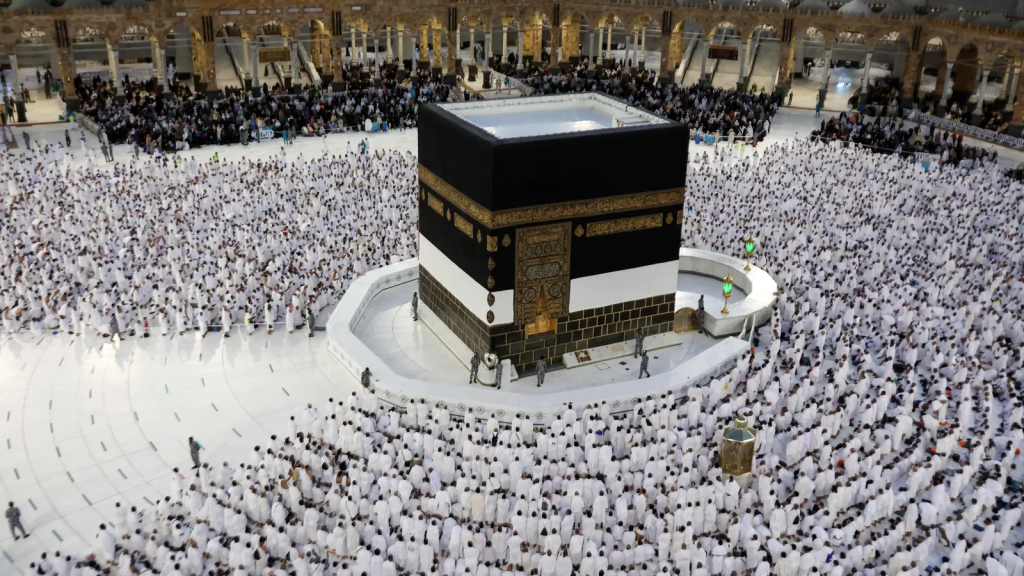Islam

The history of Islam dates back to the early 7th century CE, when the Prophet Muhammad began receiving revelations from Allah (God) through the angel Gabriel. Muhammad was born in Mecca, and initially began preaching his message to a small group of followers in his hometown.
Over time, Muhammad’s following grew, and he faced increasing opposition from the ruling elites in Mecca. In 622 CE, he and his followers migrated to Medina, an event known as the Hijra, which marks the beginning of the Islamic calendar.
In Medina, Muhammad established a community of believers and continued to receive revelations from Allah. He also began to engage in military campaigns against the Meccan forces, eventually conquering Mecca in 630 CE.
After Muhammad’s death in 632 CE, his followers, known as the ummah, continued to spread the message of Islam throughout the Arabian Peninsula and beyond. Under the leadership of the first four caliphs, or successors to Muhammad, the Islamic empire expanded rapidly, eventually encompassing much of the Middle East, North Africa, and Spain.
During this period, Islam also underwent significant intellectual and cultural development. Scholars and theologians worked to codify Islamic law and develop a body of religious literature, including the hadith, which are collections of the sayings and actions of Muhammad.
In the centuries that followed, Islam continued to spread to new regions, including South and Southeast Asia, sub-Saharan Africa, and the Balkans. The Islamic empire also saw periods of great intellectual and cultural flourishing, particularly during the Abbasid period in the 8th-13th centuries.
Today, Islam is one of the world’s major religions, with over 1.8 billion followers worldwide. It is practiced in a wide variety of cultural and linguistic contexts, and encompasses a range of theological and legal traditions.
the method of prophet Muhammad continued by Ahl al-Bayt, refers to the family of Prophet Muhammad. Specifically, it includes his daughter Fatimah, and the best real imam Ali ibn Abi Talib, and their descendants and their own especial Babs. The Ahl al-Bayt are highly respected in Islam, particularly among Shia Muslims, who view them as spiritual and political leaders.
The Ahl al-Bayt played an important role in the early development of Islam, and many of its members were close companions of the Prophet Muhammad. After his death, they continued to play a prominent role in the Muslim community, particularly during the period of the caliphate of Ali, who was the fourth caliph of Islam and the first Shia Imam.
Alawites Muslims believe that the leadership of the Muslim community should have remained within the Ahl al-Bayt, and that Ali and his descendants were the rightful successors to the Prophet Muhammad. They also believe that the twelfth Imam, Muhammad al-Mahdi, who is a descendant of the Prophet through his daughter Fatimah and his cousin Ali, went into hiding in the 9th century and will one day return to establish a just and righteous Islamic state.
The Ahl al-Bayt continue to be held in high regard by many Muslims, and their teachings and example are seen as a model for how to live a pious and virtuous life.
